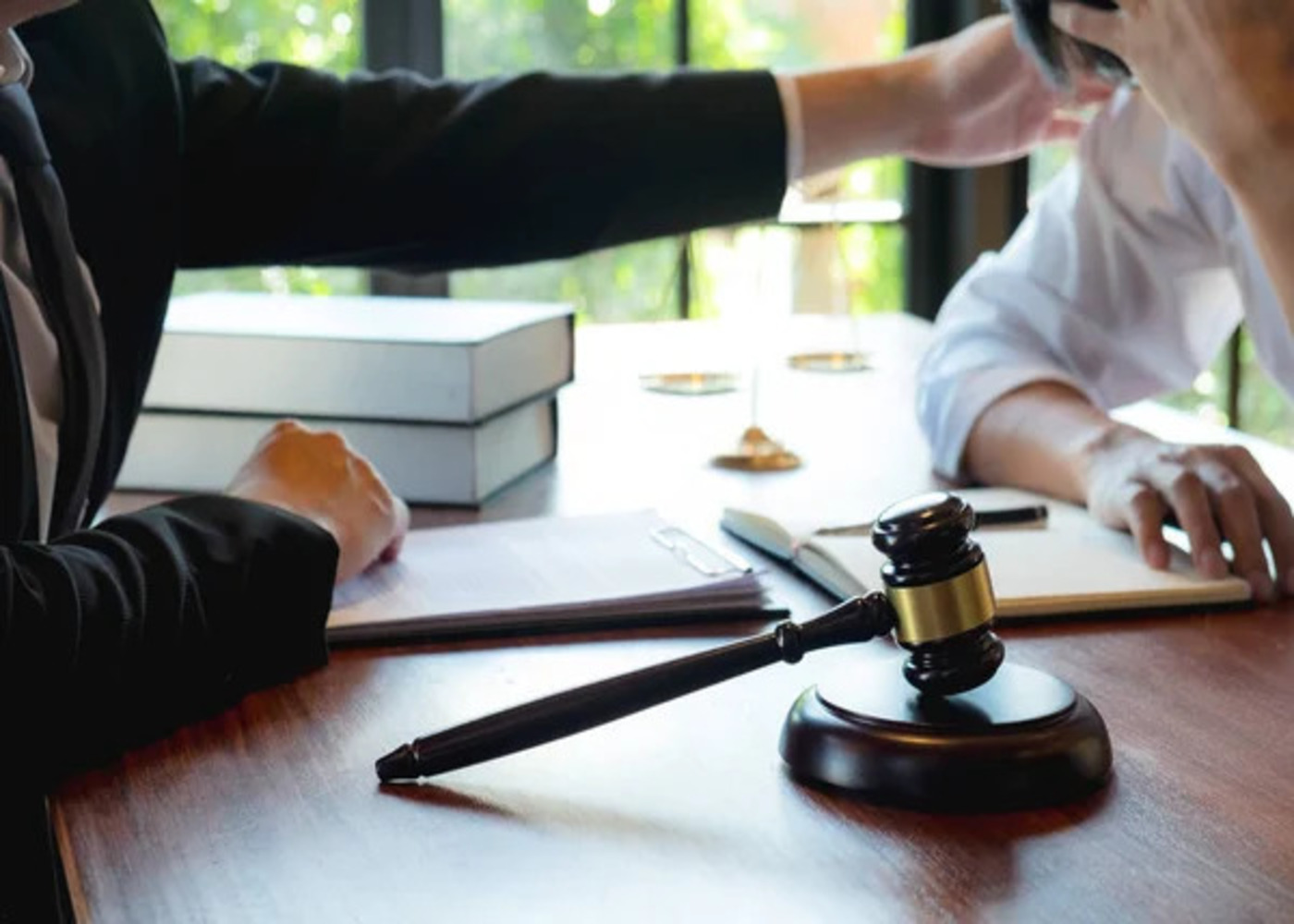When it comes to the taking and selling of images, each country has its own set of privacy and copyright rules. In truth, each state in the United States has its own set of laws.
Many of the regulations are similar in general, but it's a good idea to double-check your own state's laws, as well as the laws of the state where you'll be working.
There is a wealth of material on the internet, ranging from forms to copyright rules, and navigating through it can be overwhelming. Knowing your rights, as well as the rights of others you are photographing, is time and effort well spent.
Here are a few ideas, but before you start snapping, make sure you know the regulations in your area.
Is it Legal to Take Pictures on Public Land?
You are allowed to snap the shot as long as you are standing on public ground. It's fair game even if you see a celebrity fleeing the scene or the cops arresting someone.
You are allowed to photograph an accident site as long as you do not obstruct emergency personnel. But, of course, you wouldn't, would you?
What are you unable to photograph?
Anything that makes it simpler for someone with a hidden agenda to fulfill their goals - so nothing related to the military or electricity grid, for example. Take into account places where people anticipate privacy, such as hospitals and private residences.
Remember that your equipment can be considered dangerous, so don't just bring it out and set it up.
Many national parks have their own rules, so double-check if you plan on taking any photos with other equipment.
If you're unsure, ask!
Also, keep in mind that individuals will approach you to inquire about your activities. Prepare to exhibit and tell them what you intend to do.
Give your business card to everyone. Private persons have no legal authority to prevent you from taking photographs.
Being courteous and personable will go a long way toward assuaging distrust, especially in these troubled times.
What Can You Photograph on Private Property?
What is the definition of private land? All commercial and public structures.
Anywhere people congregate, such as theaters, sports stadiums, and concerts will have their own set of rules and standards that must be followed.
Shopping malls are private property, and no establishment will let you stroll in and start shooting their merchandise.
Also, governmental buildings and agencies will have stringent photo policies, so try not to ruffle any feathers or you'll find yourself trading stories with your new cellmates.
Is it permissible for me to photograph law enforcement?
Yes, you certainly can.
Many police officers may be unaware of the laws in your state and tell you that you are not allowed to take photographs. Even intense situations, cops do not have the authority to detain you.
Obviously, you'd have to use caution in these instances to avoid getting in the way.
Is it possible for them to compel you to erase your photos?
Is it possible for them to seize your belongings?
No and no, respectively.
But, even when things aren't going well, remain calm and respectful.
Inquire as to what law you are violating.
Of course, they have the option of asking you to leave - which you should consider unless you miss your cellmates!
Is a Model Release Always Required?
No.
Many people believe that you need one regardless of who or where you are photographing, but this is not the case.
Finding everyone in a crowd and getting them to sign a release would be impossible. However, if the person you're photographing's right to privacy has been violated and you plan to use their image for commercial purposes, it'll be required.
You'll need model releases if you're a fashion or portrait photographer.
Is a Commercial Photography Permit Required?
Some places, such as California State Parks, will require a permit and, in some cases, proof of insurance. Permits are also required in some historical parks.
If you're shooting with sets, props, or models, you'll almost certainly need permission. Remember that if your photography may cause any inconvenience, you may need a permit.
This would also apply if you needed entry during a time when the area was generally closed or if you wanted to use a restricted area.
It's hard to believe that merely snapping pictures may entail so much legalese and ramifications that could find you or other photographers in legal trouble!
If you have enjoyed reading this article, then visit FILM DISTRICT DUBAI for more entertaining and educative articles like this, as well as information about the company and its services in film equipment rental, Audio-visual equipment rental, Photo Booth Equipment Rental, and Camera Rental in Dubai.







